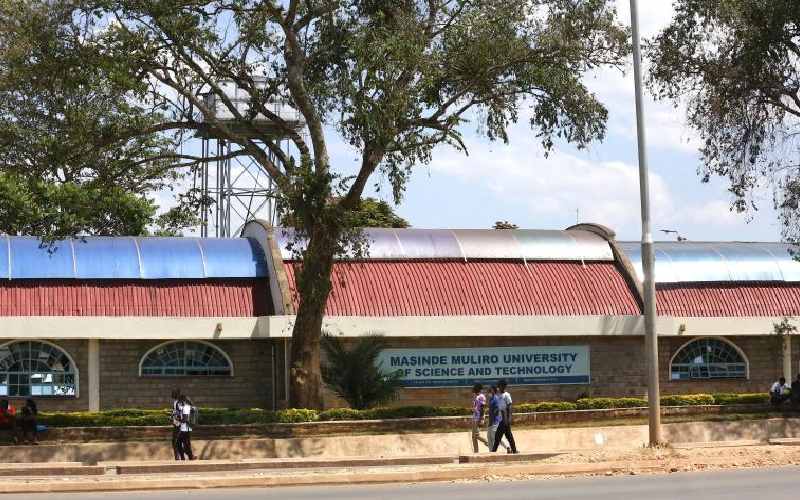×
The Standard e-Paper
Home To Bold Columnists

Masinde Muliro University has played a major role in making Kakamega town what it is today. [Benjamin Sakwa, Standard]
For decades, Kakamega struggled to take its place among other leading towns in the country.